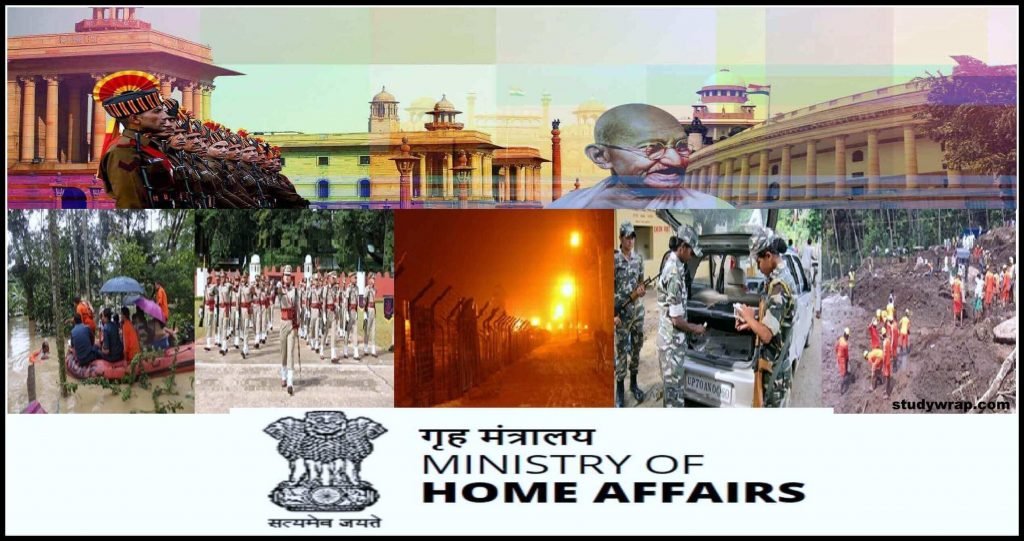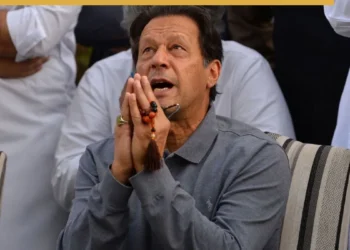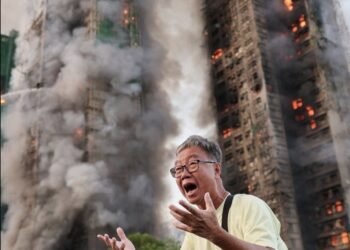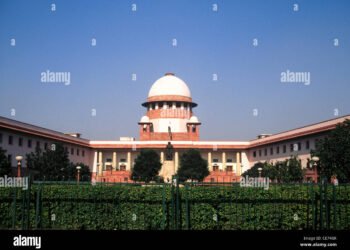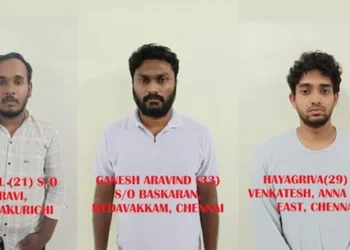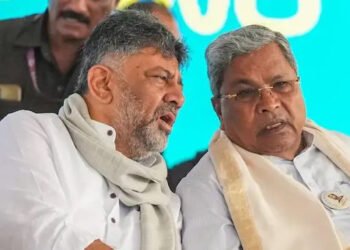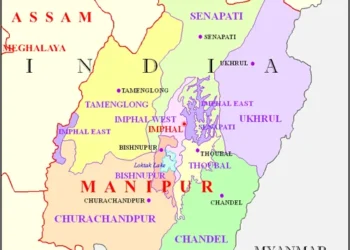Negotiations to extend Manipur’s Suspension of Operations (SoO) agreement hit a standstill Monday as the Zomi Revolutionary Army (ZRA) refused to consolidate its camps, despite other Kuki-Zo groups broadly agreeing to the MHA’s terms for an extensi
By Navin Upadhyay
The Ministry of Home Affairs’ (MHA) engagement with Kuki National Organisation (KNO) and the United People’s Front (UPF) to extend the Suspension of Operations (SoO) agreement remained on track Monday. However, the refusal of the Zomi Revolutionary Army (ZRA) to shut down any of its camps stalled progress, forcing a temporary pause in negotiations.
The Suspension of Operations (SoO) agreement, involving the Government of India, the Government of Manipur, and the Kuki-Zo armed groups operating under the banners of the KNO and UPF (representing around two dozen groups), was initially signed in 2008. This agreement has not been revised or extended since February 2024.
The Monday talks, chaired by MHA advisor for Northeast affairs A.K. Mishra, were attended by senior Intelligence Bureau officials, the Manipur Home Secretary, and representatives from both the KNO and UPF. Although discussions resumed following a preliminary round last Friday, no final agreement could be signed, primarily due to ZRA’s rigid stance on camp consolidation.
Camps at the Centre of the Standoff
According to officials familiar with the discussions, both KNO and UPF broadly agreed to an extension of the SoO framework and rationalisation of their camps. KNO has agreed to scale down its camps from seven to five, while UPF has expressed willingness to reduce its number to four, pending ZRA agreeing to consolidate from its existing three camps (the other UPF constituents have only stand alone camp).
READ: Tribals Show the Way in Manipur, Hill Districts Lead Peace and Justice Index
However, the ZRA—an Zomi outfit under the UPF umbrella—has refused to shut down any of its three camps located in Muvanlai, Mt. Sinai, and Phaiba, all situated in Zomi-majority hill regions far from the conflict-scarred Imphal valley.
“This isn’t just about numbers,” said a UPF representative. “If ZRA refuses to comply, how do we convince the rest of the outfits under UPF to consolidate? Unlike KNO, UPF lacks a clear command structure, which makes internal consensus more difficult.”
ZOMI COUNCIL
Headquarters: LamkaPRESS STATEMENT
Lamka, July 6, 2025ZOMI COUNCIL CALLS FOR SENSIBLE APPROACH TO THE SOO EXTENSION AND SECURITY.
The road to peace & harmony should be given logical and reasonable considerations by the concerned authorities @mygovindia pic.twitter.com/uQV5oAQITW
— BeinGTribaL (@_BeinG_TribaL) July 6, 2025
MHA officials indicated they are prepared to sign the SoO extension, provided internal disagreements are ironed out. “The ball is in the court of the recalcitrant UPF constituent now,” an official remarked, signalling the Centre’s readiness to move ahead without the non-compliant UPF constituent.
Another contentious issue in the ongoing Suspension of Operations (SoO) negotiations revolves around the preamble of the original 2008 agreement, which affirms Manipur’s territorial integrity — a clause now being challenged by legal experts as ultra vires the Constitution.
Experts argue that the clause contradicts Article 3 of the Indian Constitution, which empowers Parliament to reorganize state boundaries and create new states or Union Territories. With Kuki-Zo groups now formally seeking Union Territory status, they are pressing for modification of this clause to enable political dialogue to proceed.
READ: The Mate Case (Part 5): Why SC Must Go for UAPA Bail Reform
READ: Imphal Man Gets 20 Years in Heinous Child Rape Case
“What we’re asking is well within the ambit of the Indian Constitution,” said a Kuki-Zo representative who participated in the recent talks. “The 2008 clause on Manipur’s territorial integrity is ultra vires the Constitution. It should never have been included. We appreciate the constructive approach of MHA officials and hope they acknowledge this unconstitutional element.”
Zomi Council Weighs In
Amid the ongoing deadlock, the Zomi Council, the civil society groups which shares a symbiotic bond with the ZRA, has urged the Centre to adopt a balanced and pragmatic approach.
The Council said the UPF—under which ZRA operates—is facing “immense pressure” to close down at least two of its three designated camps. It warned that such a move could destabilize the sensitive border zones adjoining Mizoram and Myanmar.
“Vacating these camps could allow undesirable and non-SoO armed groups to fill the vacuum,” the Council said, cautioning that secessionist elements from neighbouring regions could exploit the situation. Describing the proposal as “undesirable” and “potentially dangerous,” it demanded that all three ZRA camps remain operational.
Highlighting the hill-based SoO groups’ contribution to regional peace, the Council urged the MHA to show “logical and reasonable” consideration and expedite the extension of the SoO pact rather than push for immediate camp closures. “We are ready to support any future dialogue process aimed at peace and stability,” the statement concluded.
Whether the UPF leadership can bring the ZRA on board, or whether the Centre will offer further accommodations, may determine the outcome of the next round of talks. For now, the SoO extension remains suspended—not cancelled—but time may be running out to reach a lasting accord.
READ: India’s Week of Horror: Four Superstition-Fueled Tragedies Across States


